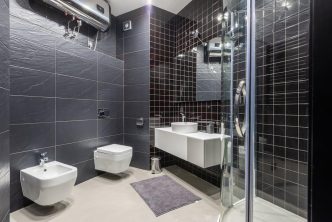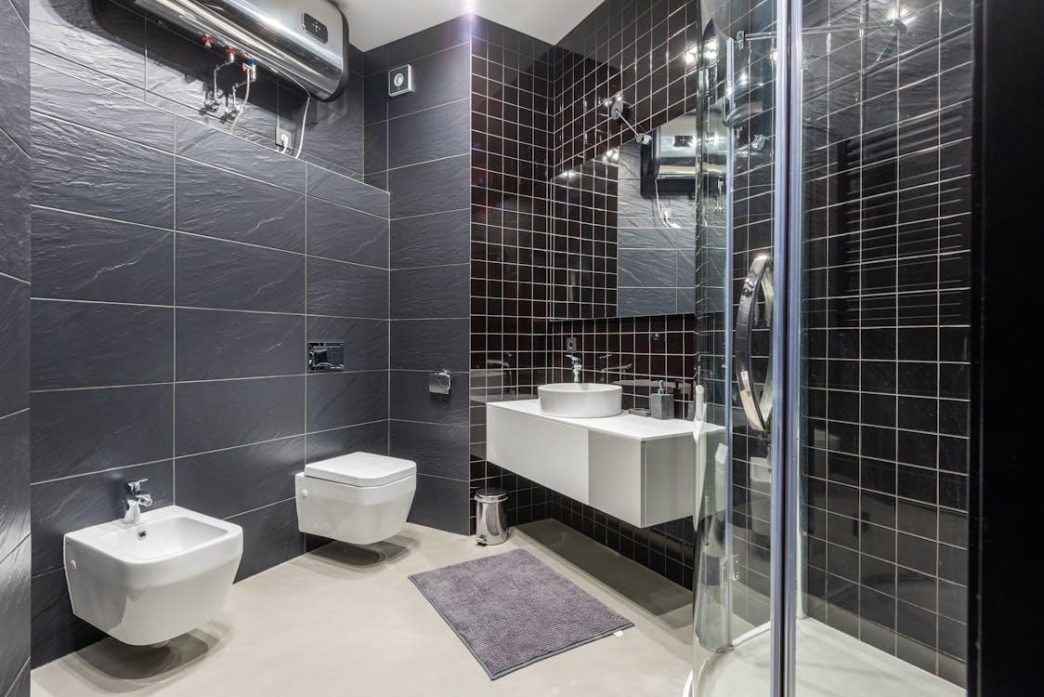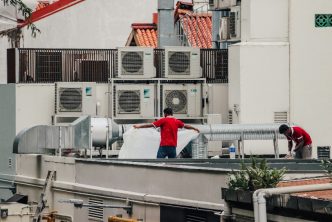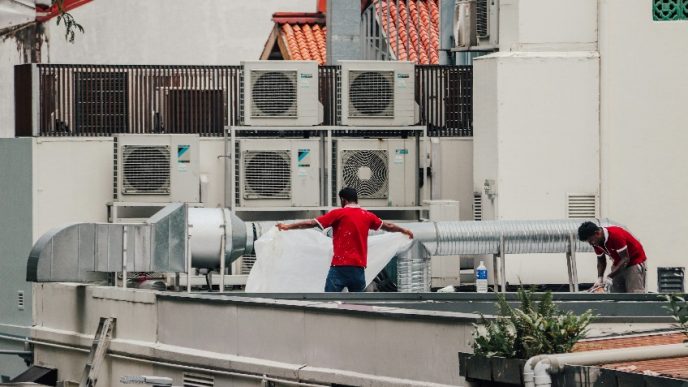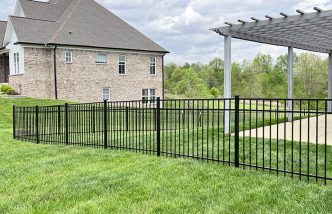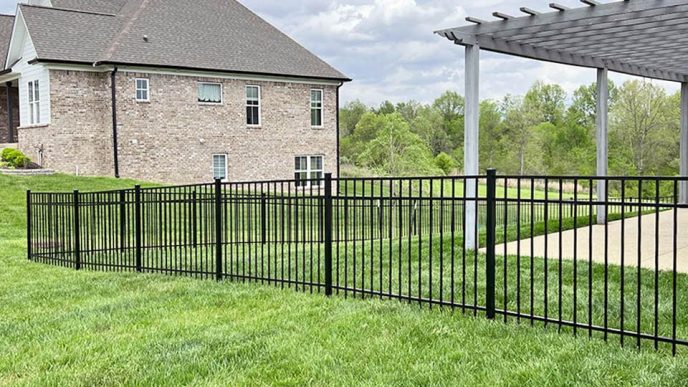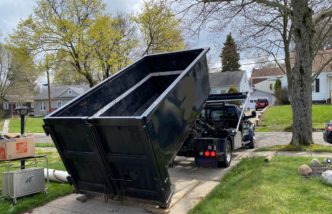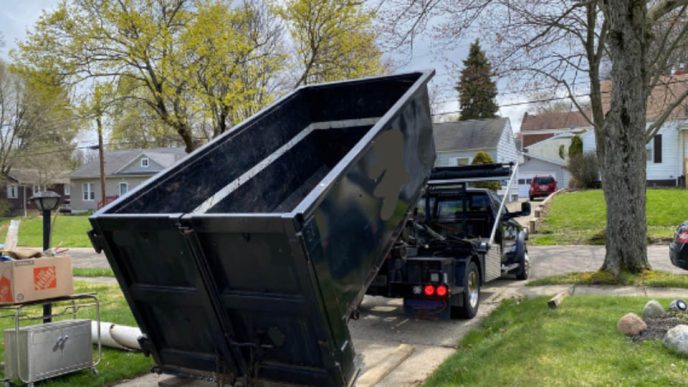If your showers are suddenly turning cold too fast or your utility bills keep rising, it might be time to upgrade your water heater. For most homeowners, upgrading a water heater isn’t only about comfort; it’s a financial investment that deserves thoughtful planning. Whether you live in a busy urban neighborhood or a quiet town like Greeley, CO, plumbing upgrades come with a price tag that can vary widely depending on several factors.
When you start budgeting for a new water heater, you’ll quickly notice that costs aren’t as straightforward as the price tag on the appliance itself. Labor, materials, local permits, and even your home’s layout can all influence your final bill. Before diving into any installation, it’s crucial to understand these details and set realistic expectations for your plumbing expenses. Knowing what impacts your overall cost will not only help you avoid surprise fees but also ensure your upgrade is worth every dollar.
Understanding Water Heater Installation Costs and Local Factors
Before diving into specific numbers, it helps to understand why water heater installation costs can vary so much from one home to another. Factors such as the age of your plumbing system, the type of heater you’re installing, and even your home’s layout can all influence the final price. For instance, replacing an old gas-powered tank with a tankless electric unit may require additional venting or electrical upgrades, while installing a similar model in the same spot is often simpler and more affordable. In places like Greeley, CO, local regulations and permit requirements also affect pricing, since each city has its own building codes that contractors must follow.
If you’re thinking about upgrading your old water heater soon, researching the water heater installation cost in Greeley, CO ahead of time can help you plan your budget and avoid last-minute surprises. Local professionals typically evaluate your home’s size, the current system’s placement, and any plumbing or electrical updates needed before providing a quote.
Installation fees cover much more than simply connecting pipes. Skilled technicians ensure your new water heater meets safety standards, runs efficiently, and provides consistent hot water throughout your home. Costs can also change depending on whether you choose a tank or tankless model, and if you’re switching fuel sources, such as from electric to gas, since that may require new parts, venting, or electrical adjustments.
To get the most accurate estimate, it’s best to request multiple quotes from licensed contractors in your area. Comparing offers will give you a clearer picture of the going rate and help you find a professional who delivers quality service within your budget.
Choosing the Right Type of Water Heater for Your Home
Once you understand the cost range, the next step is choosing the right water heater for your needs. Traditional tank heaters are often less expensive to install but tend to use more energy over time. Tankless models, on the other hand, cost more upfront but are more energy-efficient, heating water only when you need it.
If you live in a larger household with multiple bathrooms, a hybrid or high-capacity tank model might make more sense. For smaller homes or couples, a tankless system can help save on energy bills and free up space. Consider your family’s hot water usage patterns. Do you run multiple showers at once, or mostly use hot water for dishes and laundry? Matching your system’s capacity to your household habits ensures you don’t overspend on energy or end up with insufficient hot water.
When making this choice, also check for the system’s energy rating. Models with a higher Uniform Energy Factor (UEF) are more efficient and can reduce your monthly costs in the long run.
Hidden Costs and Considerations That Impact Your Budget
Even with a clear estimate, hidden expenses can sneak into your plumbing budget. For instance, removing your old unit might incur disposal fees. In some homes, outdated plumbing or electrical systems may need upgrades to meet current safety standards. If you’re installing a tankless system for the first time, extra venting or gas line modifications could also raise the price.
Permits and inspection costs are another often-overlooked factor. Many cities require professional installation to comply with local building codes, and those fees can add up. Additionally, unforeseen issues like water damage, rusted pipes, or tight installation spaces might increase labor hours and overall cost.
A smart approach is to set aside a contingency fund, around 10–15% of your total budget, to cover unexpected expenses. This helps you stay financially comfortable even if surprises arise during installation.
How to Plan and Prioritize Your Plumbing Budget
Start your planning process by assessing the condition of your current water heater. If it’s more than 10 years old, frequently breaks down, or causes inconsistent water temperatures, replacement may be more cost-effective than repair. Next, estimate your household’s hot water demand. A family of five will naturally use more water than a single person living alone.
Once you know your needs, research local pricing for both equipment and labor. Online calculators or local plumbing company websites can give you a ballpark figure. Always get written estimates that detail what’s included in the service, such as parts, labor, disposal, and warranty coverage.
Speaking of warranties, don’t overlook them. A system with a longer manufacturer’s warranty can save you money on repairs down the road. If you’re concerned about upfront costs, ask about financing or payment options. Many professionals offer flexible plans that make upgrading easier without draining your savings.
Finally, always choose a licensed, insured contractor with solid customer reviews. Professional installation not only ensures safety and efficiency but also helps you avoid future issues that could cost more in repairs or replacements.
Upgrading your water heater is one of those projects that can dramatically improve your comfort and your home’s efficiency, but only if you plan it well. By understanding local installation costs, choosing the right system for your household, and preparing for hidden expenses, you can upgrade with confidence.
Taking the time to research, compare quotes, and budget properly ensures you’ll get a reliable, efficient water heater that meets your family’s needs for years to come. In the end, smart planning doesn’t just save you money, it gives you peace of mind knowing you’ve made a well-informed investment in your home’s comfort and future.

